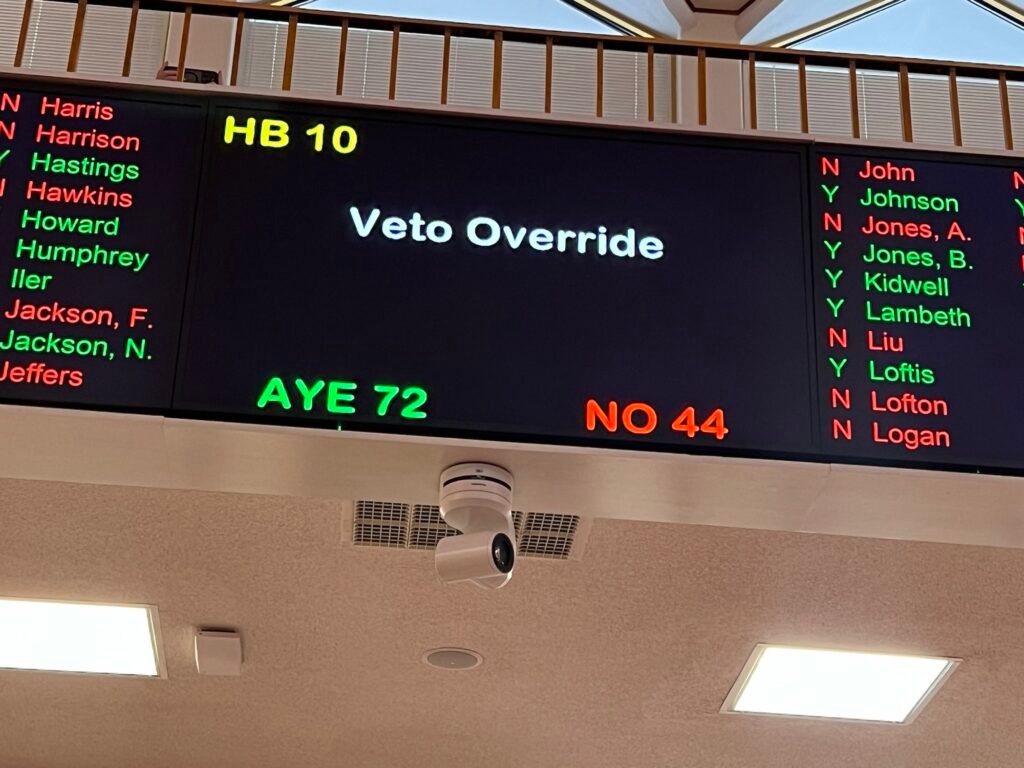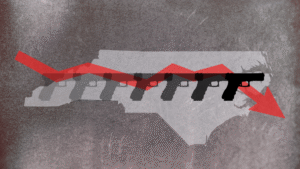On November 19, 2024, the North Carolina House of Representatives voted 72-44 to override Governor Roy Cooper’s veto of House Bill 10 (HB10). The bill now advances to the Senate, where a successful override would enact it into law. HB10 mandates that local sheriffs cooperate with U.S. Immigration and Customs Enforcement (ICE) and allocates $463 million to expand the state’s private school voucher program.
Key Provisions of HB10:
• ICE Cooperation: The bill requires sheriffs to honor ICE detainers, holding individuals suspected of being in the country illegally for up to 48 hours to facilitate federal custody. This measure aims to enhance collaboration between local and federal law enforcement agencies.
• Private School Vouchers: HB10 allocates $463 million to the Opportunity Scholarship program, intending to eliminate the current waitlist of approximately 55,000 students seeking private school scholarships. The funding includes $248 million in nonrecurring funds and $215 million in recurring funds.
Support and Opposition:
Proponents argue that the bill addresses the high demand for school choice and strengthens immigration enforcement. Rep. Tricia Cotham (R-Mecklenburg) stated, “We do not need to set up a false choice between hurricane relief and public school funding and funding for the Opportunity Scholarship program.”
Opponents express concerns over the potential impact on public education and immigrant communities. Governor Cooper criticized the diversion of taxpayer dollars from public schools to private institutions and raised concerns about the bill’s implications for immigrant families.
Next Steps:
The bill now moves to the North Carolina Senate, where a three-fifths majority vote is required to override the governor’s veto. Given the Republican supermajority in both chambers, the Senate is expected to consider the override in the coming days.
If the Senate successfully overrides the veto, HB10 will become law, significantly impacting immigration enforcement protocols and the funding structure of North Carolina’s education system.












